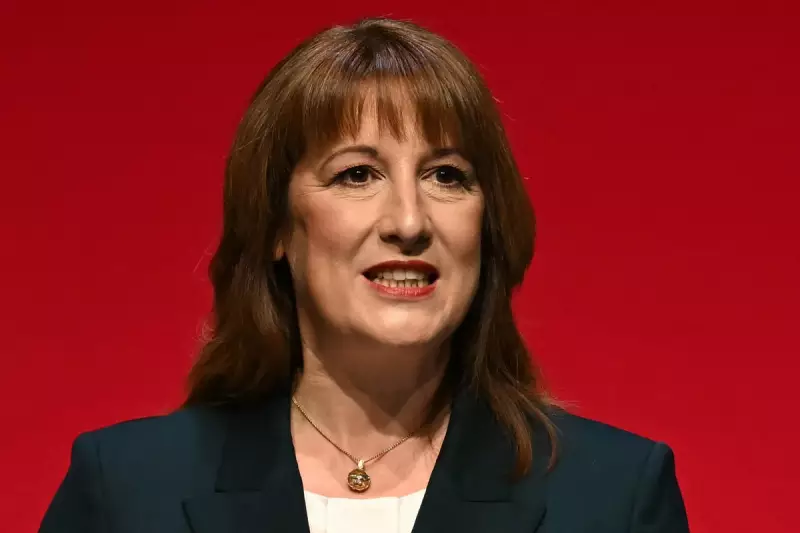
In a dramatic break with Conservative economic policy, Shadow Chancellor Rachel Reeves has pledged that an incoming Labour government would reject austerity measures and deliver a budget focused on growth rather than cuts.
The senior Labour figure made her position unequivocally clear, stating there would be no return to the austerity politics that defined the Conservative-Lib Dem coalition years. Her comments come as speculation mounts about the economic challenges awaiting whichever party wins the next general election.
The End of Austerity Economics
Reeves, speaking with the authority of someone likely to become Britain's next Chancellor, positioned Labour as the party of economic stability and growth. She emphasised that while the public finances face significant pressures, the solution lies not in repeating the spending cuts of the early 2010s but in fostering sustainable economic expansion.
"The idea that we can cut our way to prosperity has been tested to destruction," Reeves argued, drawing a clear dividing line between Labour's approach and what she characterised as failed Conservative economic theories.
Tax Pledges and Fiscal Responsibility
In a move that may surprise some on the left, Reeves explicitly ruled out several tax increases that had been speculated upon, including:
- No new taxes on private equity carried interest
- No increases to council tax bands
- No new wealth taxes targeting individuals
This cautious approach to taxation reflects Labour's determination to position itself as fiscally responsible while maintaining its commitment to increased public spending through economic growth rather than significant tax rises.
The Inheritance Tax Question
Reeves notably declined to commit to reversing any potential inheritance tax cuts implemented by the current government, leaving the door open to maintaining such policies if they're introduced before the next election. This pragmatic stance suggests Labour may be willing to work within some fiscal frameworks established by their predecessors.
The Shadow Chancellor's comments represent a significant moment in the economic debate leading up to the next election, setting out Labour's stall as the party of fiscal responsibility without austerity.





